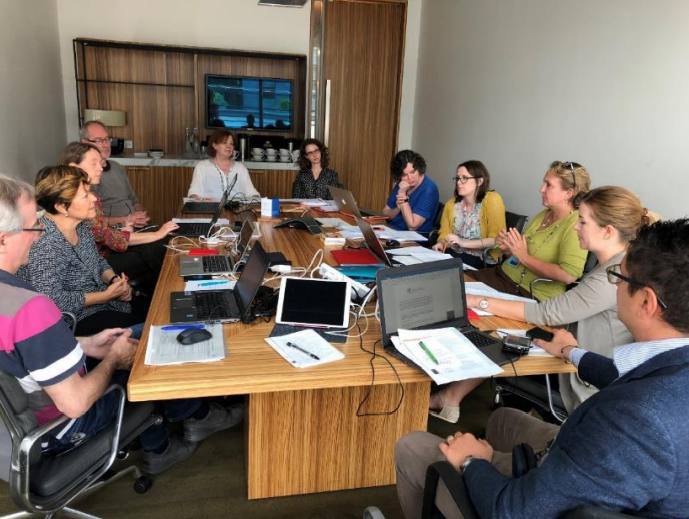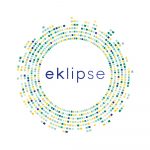Conservation of biodiversity and ecosystem services implies human action, and as such potentially all biodiversity conservation research is policy relevant.
But all too often as scientists we develop research that we think should be interesting to and integrated into policy, but actually is not relevant either at that time, or in the format we envisage (be in the way in which we are formulating the question, or the way in which we hope to answer it).
In other words, all too often we develop research that we then try and force into policy processes, much like forcing a square peg into a round hole. Whilst we may think this gives us some sort of purpose, it can be very frustrating for researchers who want to engage in the Science-Policy Interfaces (SPIs) and can’t.
There is also the issue that not all researchers involved in biodiversity conservation need to engage in science-policy interfaces on all aspects of their research. But for the purposes of this one-stop-shop, we will focus on how SPIs can work, and how researchers can get engaged in these processes.
It is important to start with what SPIs are, but also to stress what SPIs are not (see the SPIRAL myth-busting guide). Science-Policy Interfaces are all the ways in which scientists, policy-makers and other actors link up to communicate, exchange ideas and develop knowledge jointly to enrich policy and decision-making processes and/or research (van den Hove, 2007, SPIRAL). Science and policy are not independent domains of human activity, it is not about a one-way flow in which science speak truth to power, and SPIs are not simple fora where scientific knowledge lead to policy in clear and controllable ways.
















